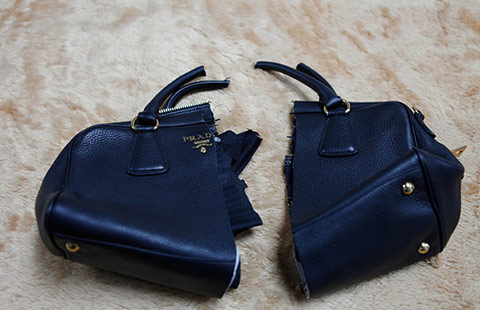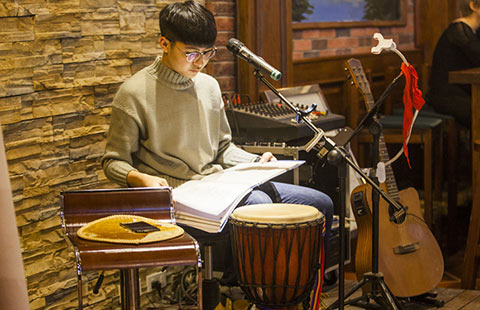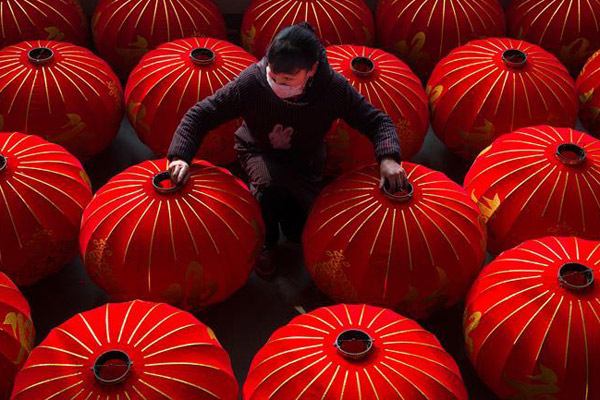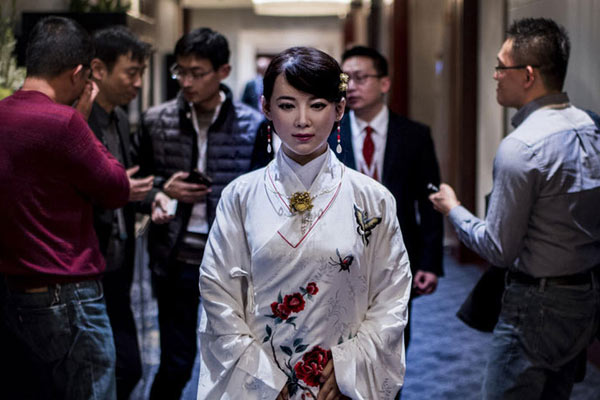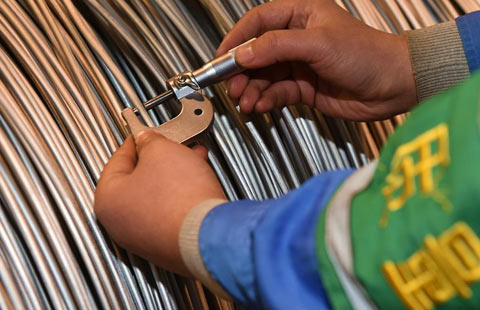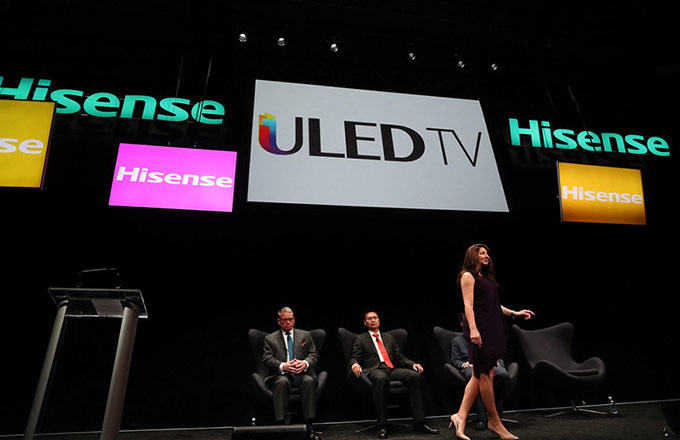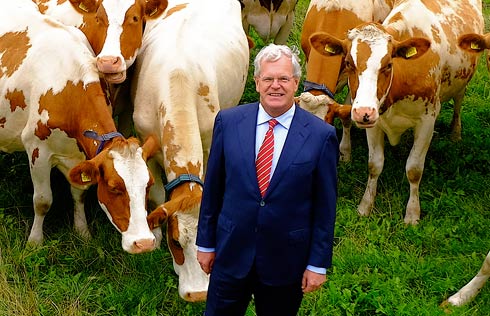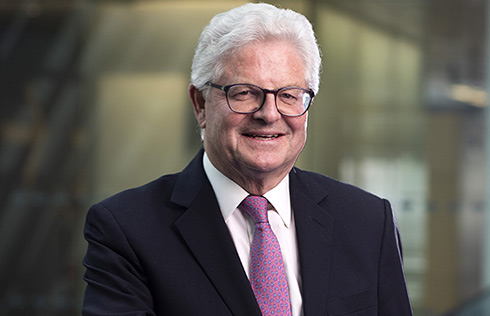Shanghai urged to focus on traditional industry
Leading business figures warn that the financial hub is losing sight of its manufacturing roots
Leading business figures from Shanghai have warned of the dangers of ignoring the city's traditional manufacturing industries, in favor of more modern sectors, as the city strives to become one of the world's leading finance centers.
Shanghai's traditional industries include foodstuffs, clothing and industrial manufacturing. However, in recent years its development as a financial and services center has become increasingly important.
But its transformation into a high value economy should not come at the expense of those traditional sectors.
"The majority of multinational corporations that have established footholds in China are in the traditional food and beverage sectors, as well as the automobile sector," said Ge Junjie, the vice-president of Bright Food Group Co, the country's second-largest food vendor.
According to Ge, some domestic companies have lost ground to foreign competitors in these areas, at a time when domestic consumption has become a priority for the government. Bright Food is a Shanghai manufacturing giant, which has been attracting global attention in recent years. It bought a controlling stake in British cereal maker Weetabix last year.
But according to the latest data from the Shanghai Municipal Bureau of Statistics, last year the city's industrial sector dropped to less than 40 percent of its total economic output for the first time.
Industrial input accounted for less than a quarter of fixed-asset investment last year, further suggesting the dwindling role that traditional manufacturing is playing in the economic powerhouse.
However, Ge argued that traditional manufacturers still claim a lion's share, or 77 percent, of the city's overall industrial output, citing official figures.
His views on keeping a closer eye on the city's traditional industries are shared by Ma Xulun, the president of China Eastern Airlines Co Ltd, a major State-backed airline based in the city.
"I think a revival in the traditional sector is essential because it shapes and strengthens the backbone of the economy," said Ma.
He quoted President Xi Jinping as saying in a recent speech to lawmakers from Shanghai that China should be mindful not to abandon its traditional industries as it moves up the value chain, because the sector matters to people's livelihood as well as employment.
Ma warned that as global interdependence deepens, the country's economy will become vulnerable to global uncertainties if traditional industries lose their competitive edge.
He cited the recent wave of relocations by US manufacturers of their outsourced facilities as an example.
"Western policymakers have started to reckon it is time that their countries return to manufacturing to create jobs and prevent more manufacturing skills from being exported," he said. "Shanghai should take note."
Zhang Yan, a professor at China Europe International Business School in Shanghai, said traditional industries still play a key role in creating jobs.
"People should be more aware that job losses in the traditional sectors cannot easily be offset by adding headcounts in the service sector," she said.
On the contrary, manufacturing posts help create additional employment opportunities in related industries and in the service sector, she added.
Ge said that some sections of the city's industrial sector are already beginning to wane amid soaring labor costs and outdated business models, and that work needs to be done by many businesses to raise their brand awareness as part of a manufacturing renaissance.
Shi Chao, the president of Shanghai Tabacco Group Co Ltd, warned that some of the city's traditional products were in danger of becoming "obsolete".
"Brands need to stay vigorous, and high-end technology companies need innovation to maintain their brand reputation," he said.
"Made in Shanghai" used to be considered a strong endorsement of top quality, said Shi, but the glory days of some of its most famous brands - such as pens from The Shanghai Hero Pen Company, watches from Shanghai Watch Factory or bicycles from Shanghai Forever Co - have started to fade.
Ge noted that to increase the number of global Chinese equivalents of Coco Cola, McDonald's or Walmart requires not only financial resources, but executives experienced in international operations, and the latest high technology and branding.
He Wenbo, chairman of Baoshan Iron and Steel Co Ltd, China's biggest steelmaker, emphasized that to compete with emerging industries, investment in advanced technology is crucial.
His company has invested heavily in developing energy-efficient technologies to lower the emission of carbon dioxide, which is widely used in electric and internal combustion engine vehicles.
hewei@chinadaily.com.cn




